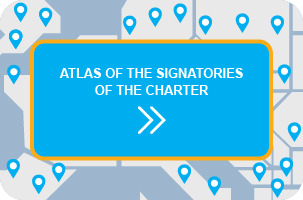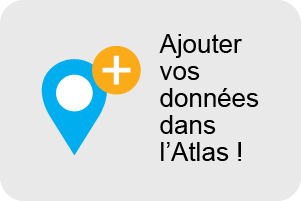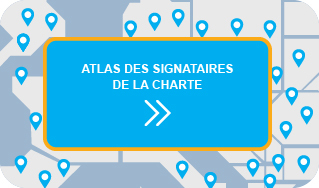Key messages final conference
Annmarie Jorritsma (CEMR Present,Former Mayor of Almere – Netherlands):
“In Europe only 15 % of the Mayors are women, and on average 36 % of the elected representatives in Municipal boards are women. These figures show that we still have a long way to go to improve gender balance in decision-making. We need more female role models in local politics.”
Mohamed Ouriaghli (Deputy-Mayor in charge of equal opportunities – City of Brussels – Belgium): “The European Charter for Equality is a valuable document providing substantial support to advance gender equality within different areas of competences. The City of Brussels drafted an action plan for equality based on the Charter and is currently implementing actions to advance equal opportunities for women and men. As a part this engagement, we are very pleased to host the Final Conference of the Pilot project and exchange our experiences with other European cities.”
Maria Noichl (Member of the European Parliament, Member of the FEMM Committee – Germany): “As former representative in the Bavarian Parliament and currently Member of the European Parliament, I know how important the role of towns and regions is to advance gender equality. In a recent report that we sent to the Commission on the future strategy for gender equality, local and regional governments were included in several areas to underline their key role in the process of reaching gender equality in Europe.“
Ibon Uribe (Mayor of Galdakao, Spokesperson of the CEMR, Standing Committee for Equality – Spain):
“For myself it has been a journey to learn and fully understand the complexity of the concept of gender equality. In my daily work as Mayor I see that there is a lack of knowledge, especially among local elected representatives. Without proper knowledge, it is difficult to mobilise political engagement for a real implementation of gender equality policies. We, as elected representatives therefore have a responsibility to stay informed of what gender equality really is about and make sure to put this on the top of our political agendas. I strongly believe that the Charter and its tools constitute an essential support to raise awareness on what it means to work on gender equality at local level.”
Maria Stratigaki (Deputy Mayor in charge of Social Affairs of Athens, Professor of Pantheion University and Member of the Steering Group of the Pilot project – Greece):
“Thanks to the indicators developed we are now able to measure progress of gender equality in our own towns. The indicators and its toolkit has made the European Charter for Equality more complete and useful and is a big step forward. However, to concretely advance gender equality at local level there is a need for active support from European institutions, CEMR and member associations at national level. Signatories also need to take the responsibility and get engaged. Let’s work together to make our town/region the town of gender equality!“
Gunilla Westerberg Dupuy (Deputy Mayor of Suresnes, Chair of the AFCCRE Committee for Equality – France):
“As local politicians we have a dual role to promote gender equality both in our role as employers and towards citizens, also in areas that might not be so obvious. Public procurement is such an example, it remains a rather unexplored area of the Charter but can have huge impacts in terms of advancing gender equality. In our City, Suresnes, we have started to implement clauses in public contracts to promote gender equality. I believe it is important to share these type of experience and am happy that the Observatory and its website www.charter-equality.eu provides us with such an opportunity.”
Therese Murphy (Head of operations, European Institute for Gender Equality – EIGE): “EIGE’s vision is to make equality between women and men a reality for all Europeans and beyond. Providing evidence in terms of data and statistics is essential to highlight inequalities. Regarding data from local and regional level this remains challenging to collect, as shown in the pilot project. There is a need for further support to strengthen the knowledge on how to collect and what the benefits are of collecting data in the field of gender equality. The indicators developed for the European Charter constitute an important tool in this regard.”
Bea Diallo (Alderman at the municipality of Ixelles – Belgium): “Gender equality is not a “women’s issue” and should not be treated as such. Instead, it is crucial to involve and engage both women and men in the work to promote equal values. Through sports we have the opportunity to educate young people and spread good values of non-violence. I would like end with a quotation from my sport boxing; “If you are a “man”, stand up for yourself in a boxing ring, meet competitors that have the same weight as you, the same force as you, but above all, have the same ability to respond to your knocks.”















